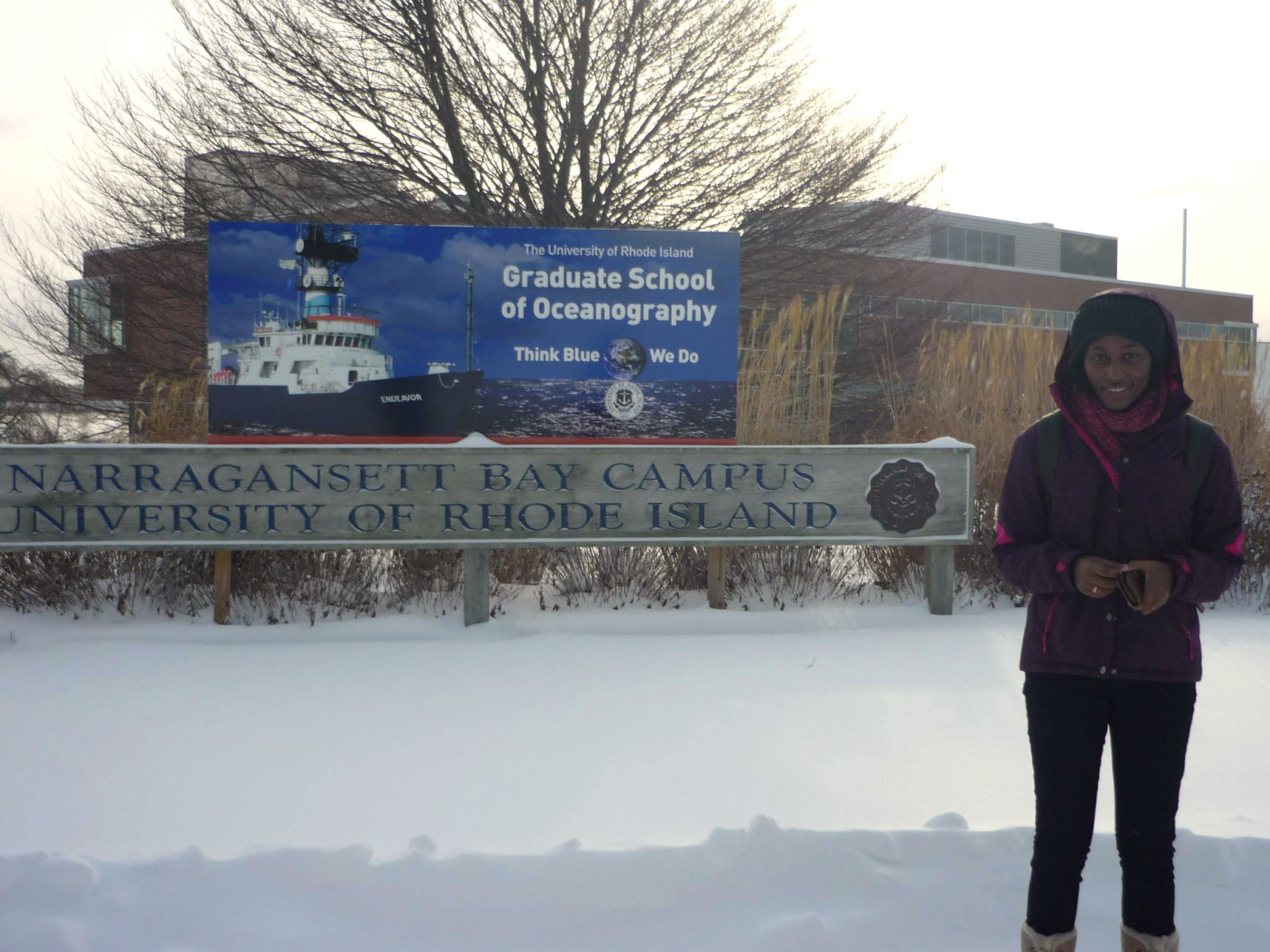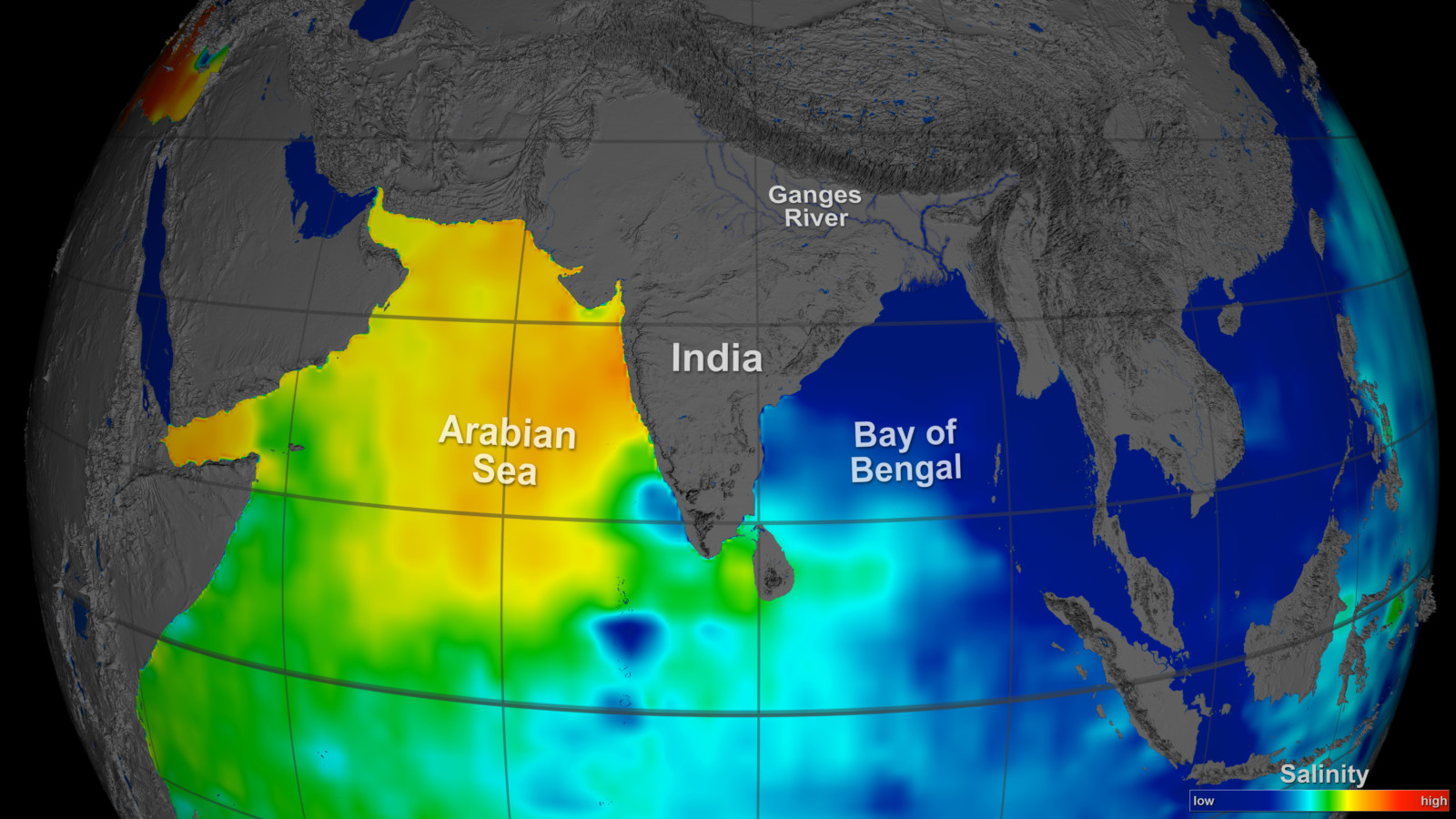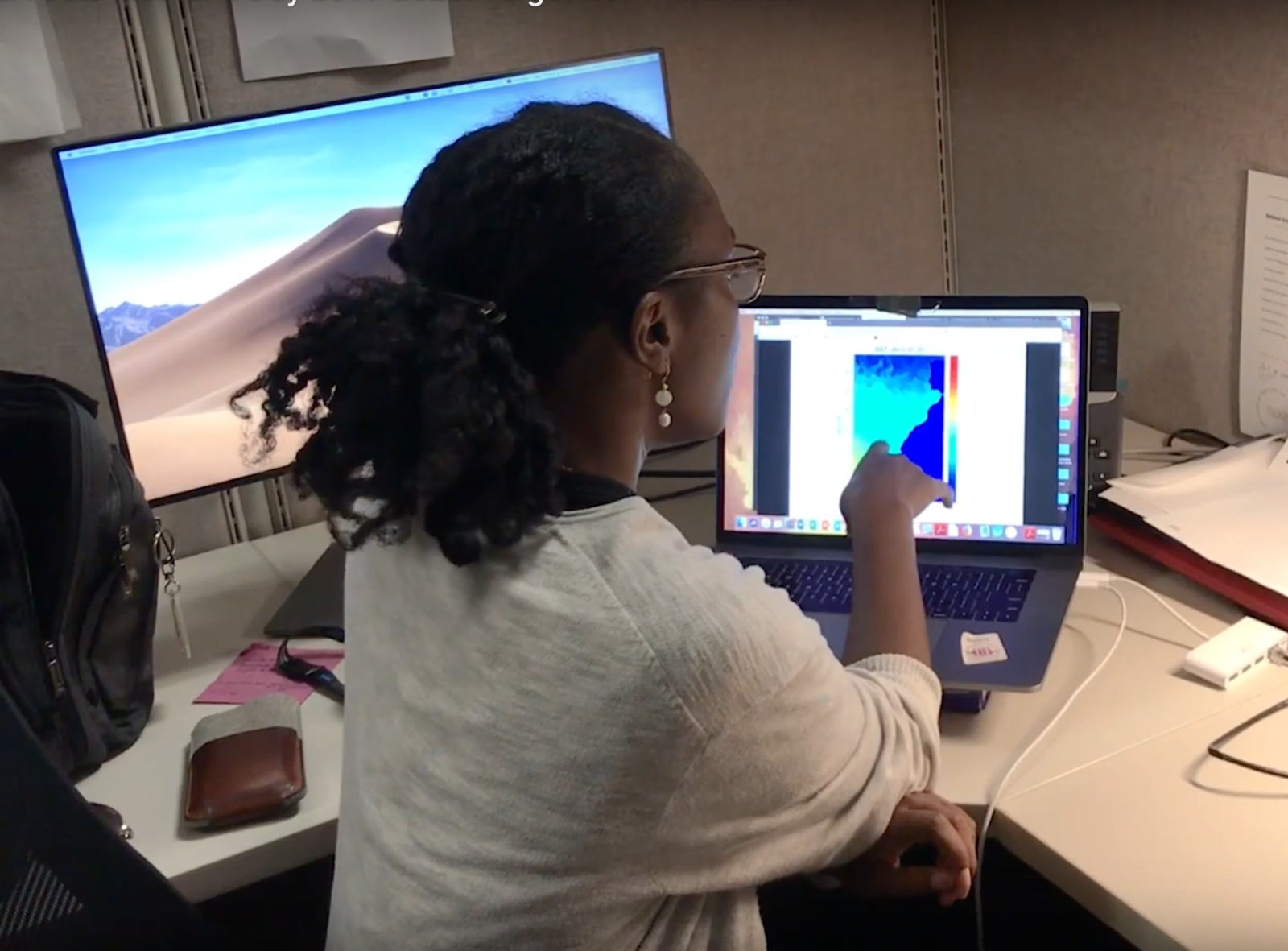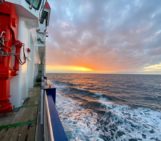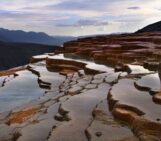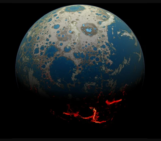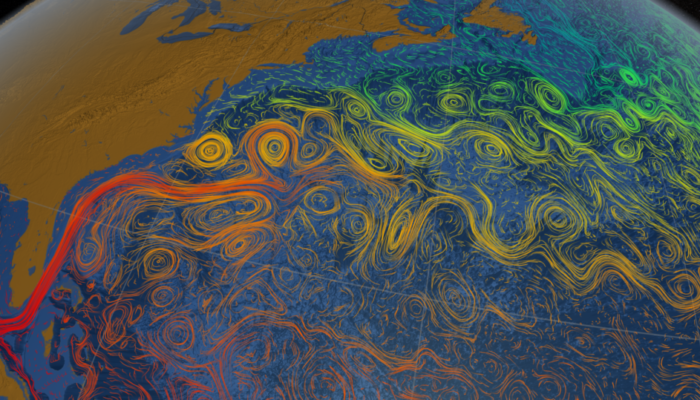
I didn’t always know that I would become an oceanographer when I grew up, but I knew I would be doing ‘Science’.
I was born and raised in Paris, France. While growing up, I was always interested in Science, from watching documentaries about the universe or nature, to attending science events at museums. While Science is very wide and encompasses many fields of research, I wasn’t too clear on what I would be doing later in life, just that I’d likely become a scientist, as I love solving problems and challenging my mind.
Following my engineering studies, I was accepted into the Master’s program in Fluid Mechanics at the École Polytechnique, in France. It was then that I got the opportunity to work in Oceanography through my research internship. In fact, following the recommendation of one of my professors, I joined the Woods Hole Oceanographic Institution (WHOI) for several months, to study the evolution of buoyancy-driven gravity currents. This internship was my first experience in Physical Oceanography, and I felt that I had found what I wanted to do, as a scientist. Later, I applied to several U.S. graduate schools, to pursue my studies in Oceanography. I have since obtained a second Master’s and a PhD, at the Graduate School of Oceanography of the University of Rhode Island (GSO). Now, I am an oceanographer specialized in satellite oceanography and ocean fronts.
Typically in Oceanography, you may be a sea-going oceanographer, someone who conducts lab experiments, or a modeler, relying on numerical simulations to better understand the ocean. You may also be a combination of any of these three profiles, depending on your own research interests. As I get severely sea-sick, it had become clear after my research cruise at GSO that this wouldn’t become my strength as a future oceanographer. During my time at WHOI, I had conducted experiments using a rotating table: while I highly enjoyed my project at the time, I felt that I wouldn’t want to conduct lab experiments full time for my own research. For my second Masters, at GSO, my project consisted of numerical simulations of sea spray droplets in turbulent air. Through that experience, I realized I was happier at a desk, behind a computer screen working on research question related to the ocean.
Following a first postdoctoral experience at the Jet Propulsion Laboratory (NASA/Caltech), I now work as a postdoctoral researcher at the Scripps Institution of Oceanography (University of California, San Diego). My current research deals with ocean processes in the Bay of Bengal, in particular cross-shelf transport occurring in the western part of the Bay at various spatio-temporal scales. I rely on several satellite datasets such as ocean color, sea surface temperature, sea surface salinity, and sea surface height to investigate the region. My analysis complements the numerous research cruises that took place within the framework of the MISO-BoB project for several years (from 2013 to 2019).
Normally, I would be looking at satellite datasets from NASA and Copernicus (CMEMS), and thoroughly investigate them, to find interesting patterns or trends, which may or may not have been considered previously by the scientific community. While I currently work exclusively with Matlab, I intend to learn Python as well, so I can write and read codes in both languages and be more versatile in the future. I spend a major part of my time coding, to dissect satellite images and understand ocean dynamics better, by working with several ocean variables. I get to see when spatial patterns collocate, for instance between mesoscale eddies (SSH) and thermal fronts (SST). Then, after consulting the existing literature to see whether what I observe can be explained or not, I formulate scientific questions I’d like to answer.
While it took me several years to figure out what I enjoyed the most in Oceanography, I value all of my past experiences, as they helped shape me into a better researcher, and helped me decide what my own profile as an oceanographer is now, as well as my strengths and weaknesses as a scientist more generally. My personal contribution to the field of Oceanography may be defined as bringing a larger perspective to some big scientific questions, by looking at the ocean’s surface from space, and combining several satellite variables together in my analysis to assist others in their research.
References & Further reading:
-
- Yackar’s blog
- CalTech talk by Yackar ‘How I became an oceanographer’
- Earth Science Women’s Network – Member Spotlights
- Learn more about mesoscale eddies and why they disappear at ocean western boundaries previously on the EGU OS blog
Edited by Meriel Bittner

